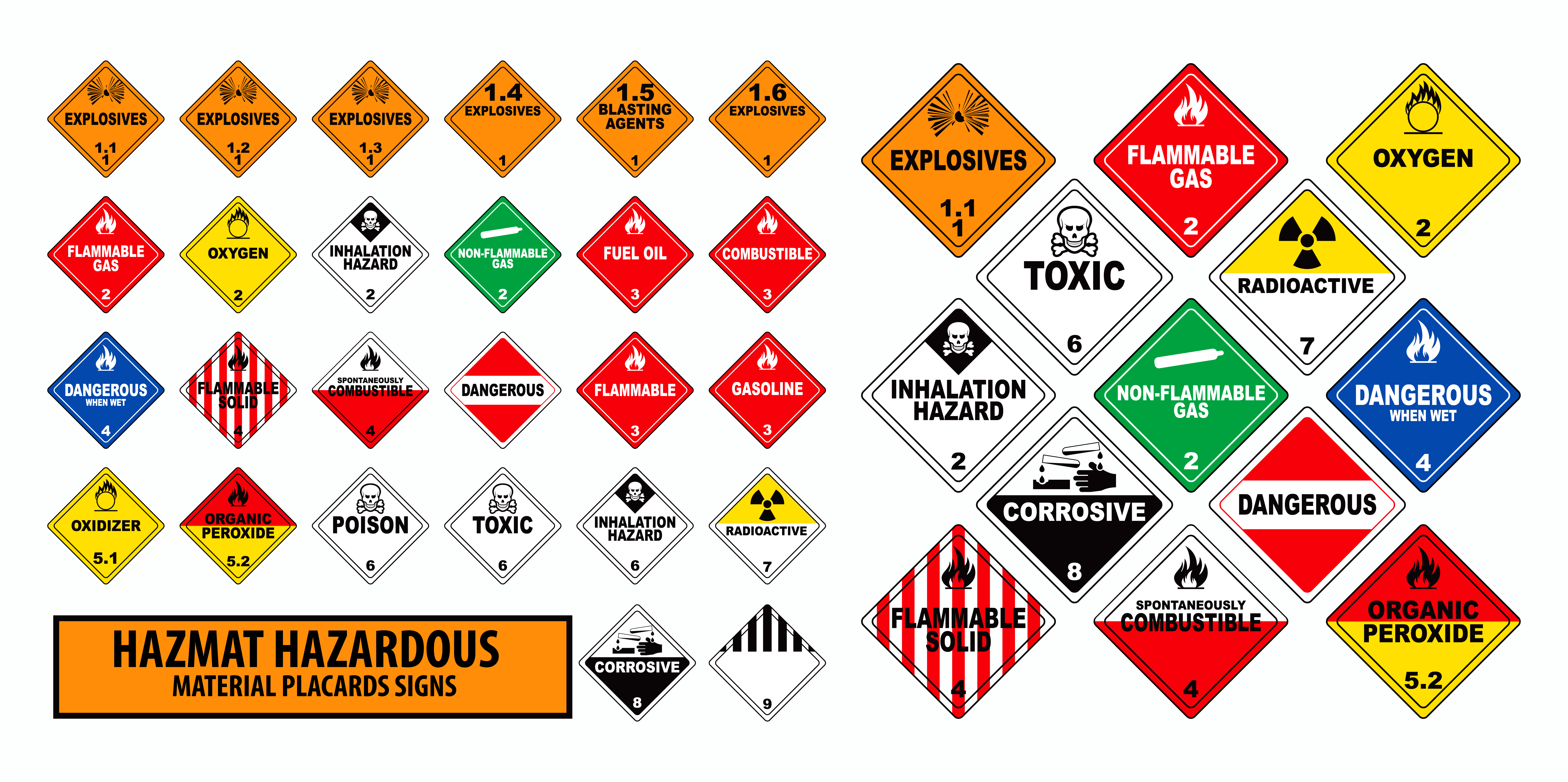Subsection 1.1.4 Chemical Hazards
Chemicals can pose significant risks to human health and safety. By identifying and understanding the potential hazards, following proper storage and handling procedures, and adhering to safety protocols, you can significantly reduce the risks associated with hazardous chemicals and create a safer environment for everyone.

Chemical Exposure.
You may be exposed to hazardous chemicals through inhalation, skin contact, or ingestion. Prolonged exposure or exposure to high concentrations can lead to adverse health effects such as respiratory issues, skin irritation, chemical burns, organ damage, or even long-term illnesses.
You should be aware of the hazardous chemicals present in your workplace, handle them safely and take precautions to minimize exposure, such as using proper ventilation systems, wearing personal protective equipment (PPE), and following established protocols.
You can learn about the potential risks associated with a chemical, as well as instructions on how to handle and respond to accidents or exposures, in the Material Safety Data Sheet (MSDS), which is required to be available in your workplace. MSDSs are typically created by the manufacturer or supplier of the chemical and are designed to ensure the safe use, storage, and disposal of hazardous substances.
Chemical Storage.
Chemicals that are improperly stored or incompatible substances stored in close proximity can react with one another, causing fires, explosions, or the release of toxic gases. Inadequate storage practices may also result in spills, leaks, or contamination, endangering both employees and the environment.
It is essential to follow proper storage procedures, including segregating incompatible chemicals, labeling containers correctly, ensuring proper ventilation and temperature control, and implementing appropriate containment measures such as spill kits and secondary containment systems. The MSDS will contain instructions regarding proper storage.
In particular, aboard ship chemical containers must always be secured so that they don’t break free and cause accidents during heavy weather.
Handling and Transporation.
Improper handling of hazardous chemicals, such as careless pouring, transferring chemicals without suitable protective measures, or failure to follow established protocols, can result in spills, splashes, or exposure.

